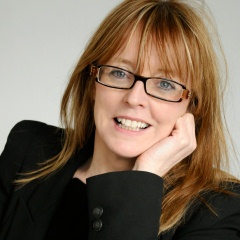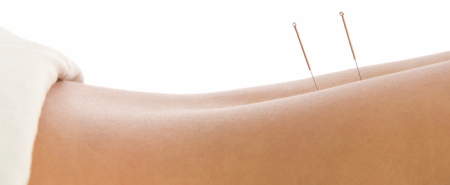The Sleeping Benefits of Acupuncture

by Maureen Cromey
An Acupuncturist and Chinese Medicine Expert
Sleep has a quality to it, when we sleep well we wake feeling refreshed and optimistic. Our mood for the day is even and we have enough energy to complete tasks set. Sometimes we can wake and still feel tired, slightly worried or depressed and lack any drive or energy for the day. Sleep is not just about the hours spent asleep but how well we have slept.
Everyone at some time suffers from sleep disturbance. It may be because of illness, stress and anxiety, environmental factors such as noisy neighbourhood or a new baby. Or it may be down to eating the wrong foods or drinking too much alcohol or coffee. In recent years light pollution, computers and mobile phones have also started to disrupt sleep patterns.
A couple of bad nights can easily be remedied by a good sleep. Problems start to occur when poor sleep and shortened sleep becomes a chronic pattern, which goes on for more than a week or two and the person cannot get to sleep properly causing health to decline. Studies on sleep deprivation also link it to depression, car accidents, weight gain, a lack of emotional perspective, malaise and shortened life expectancy.
I was recently interviewed with a GP on a BBC news programme about treatments for insomnia. There was some research released recommending acupuncture over conventional medication and we went on to discuss this. Whilst we were waiting the GP and I were chatting about the subject, instead of taking opposing views we found we were in agreement about treating sleep problems.
There is a concept of 'sleep hygiene' used by medics which recommends all the common sense approaches to improving sleep, and this is the same as the recommendations we would make from a Chinese medicine perspective. Cut down on stimulants such as coffee and alcohol, eat light foods at night, exercise regularly, seek help for stress and emotional issues, sleep in a comfortable, darkened bedroom, and avoid using computers late at night.

If these measures fail, the GP reluctantly prescribes sleeping medication. Medication is not without side effects, it doesn't always work and it does not necessarily improve the quality of sleep. Acupuncture is now recommended for insomnia because it is at least as effective as existing conventional drugs, and without their level of side effects.
Acupuncture works by altering brain chemistry, it affects the production of neurotransmitters, it increases melatonin production and deactivates the analytical part of our brains which cause restlessness and poor sleep. It actually makes our bodies and brains work more normally so that we can get to sleep. In addition it enhances the quality of sleep by increasing the levels of feel good chemicals so that we sleep well waking refreshed and happier.
In Chinese Medicine terminology we describe the effects of acupuncture as soothing the flow of qi through the organs. This allows our bodies and emotions to rest and regroup each night. We wake refreshed, energised and at ease.
This is the magic that happens when we sleep well.
